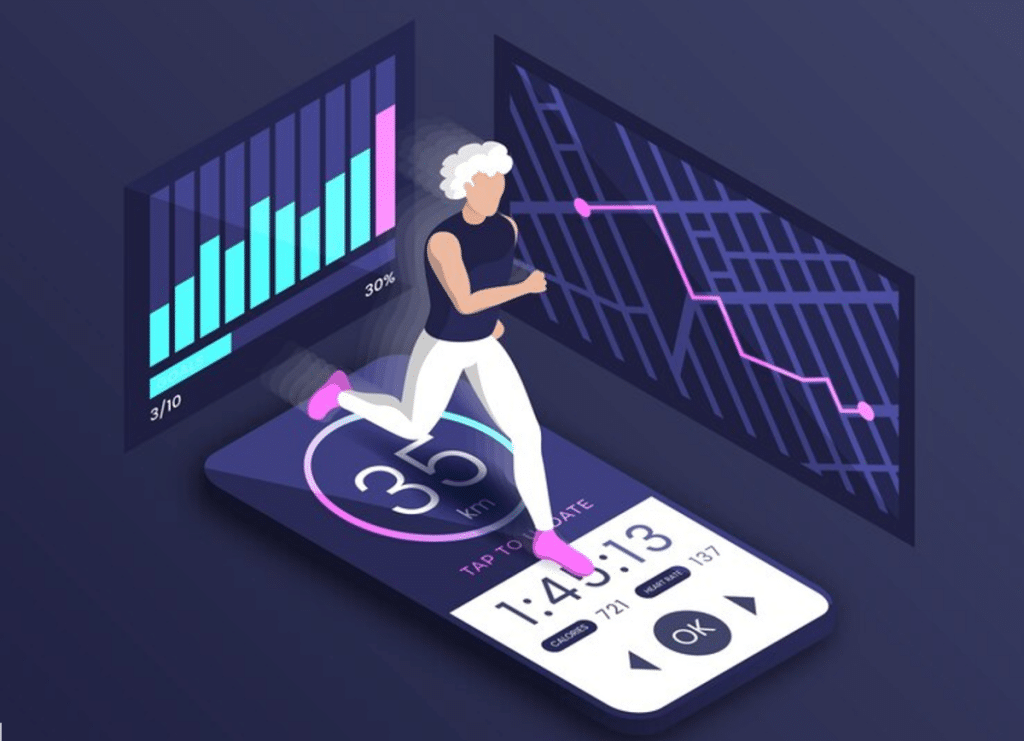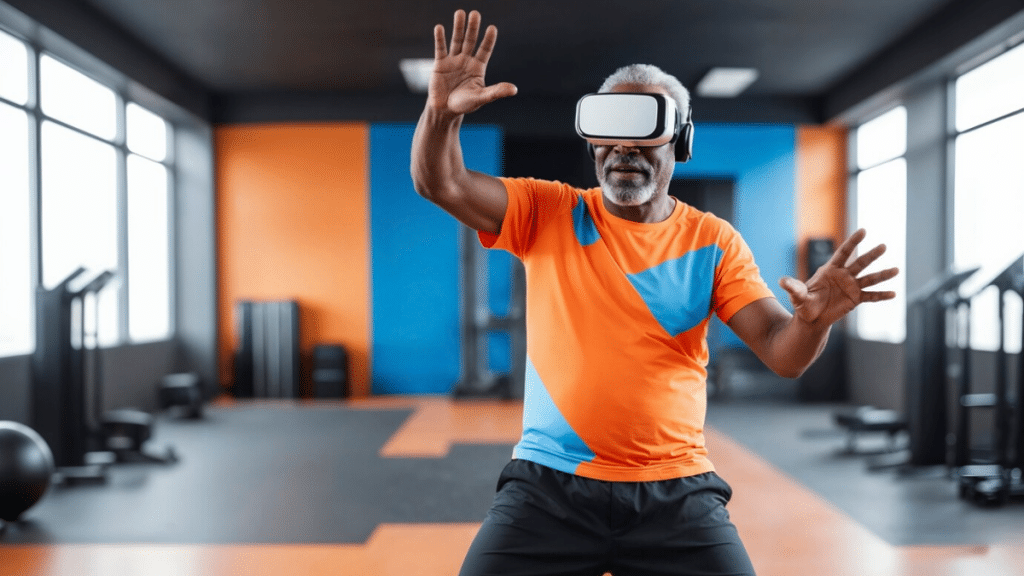Virtual reality has come to the fore in sports training, offering a new approach to preparing for a competition. The students participate in game scenarios without going through the physical exercise by getting into avatars. This technology is no longer for gamers; VR allows for studying strategies and methods not previously feasible to employ in practice sessions.
Enhanced Visualization Techniques
VR allows players to see some game-day realities authentically. Through simulation, the athletes can practice various game situations, starting with offense to even defense formation. Also, with the help of these technologies, Melget gives bettors the feeling of maximum immersion in the game. It can include more than just getting a feel for what needs to be improved from the videos they have: the feel of the field, the court, or the pitch.
In addition to graphics, tactical perspective, and spatial orientation are possible with VR. It allows players to ‘navigate’ through a series of plays in a 360-degree environment as if they are actually on the field. This practice sharpens their decision-making skills to the extent that they are prepared to make decisions at an exact match faster and with better understanding.
Team Coordination and Communication Skills
Virtual reality training not only aims to practice a specific skill but also to improve the interaction within a team. Thus, performing in VR, the team members get used to cooperation and the corresponding in-game positions. Training virtually has several benefits:
- Enhanced Situational Awareness: VR sessions allow teams to experience some situations, increasing their awareness and response time.
- Improved Strategy Execution: Practice in virtual environments makes the players confident in each other, which is critical in high-stakes games.
- Communication Practice: VR training helps players improve their communication strategies on the field, a critical aspect that makes the difference.
When players play in those mock environments, they are more compact, streamlined, and better prepared to handle the stress of tournament football.
In-Depth Game Analysis Through Simulated Practice
It is widely agreed that virtual reality is changing how teams analyze rivals. Therefore, Melget apk uses this analysis to create strategies that help bettors. Using exact plays and formations provides a good platform for analyzing and counterchecking opponents’ strategies. This advanced approach offers the best of the best and makes practice sessions far more realistic than they have ever been.
Tactical Adaptation
By using VR simulations, teams can see how an opponent’s plan works out through real-time analysis of a particular formation type. Players can change and tweak their play according to what they can decipher rather than using actual game clips as a reference or guide.
Notably, you have an opponent’s moves replicated in VR so accurately that you can adjust for them instantly. The player can then ‘practice’ against any formation the team has adopted and then come face-to-face with the formation on the field. This makes them stand out in a way that will favor them when confronting opponents who introduce some form of uncertainty in the game.
Player Performance Analytics
VR games inform players about what they should do and closely monitor their every move. This will also enable coaches to review the training strategies and determine which aspect or area each athlete can improve.
Teams receive tangible information about their team members’ performance and see reaction time, positioning, and other tactical decisions made during the match. This information helps teams fine-tune the roles that every player can bring to the field to help the team perform optimally during a game.

Reduction of Physical Strain
VR means that teams stay energized during practices, thus lengthening careers and minimizing the risk of injuries. Hence, with the help of VR, athletes mimic the intense training sessions that, as a rule, require much energy but cause much less strain. This means players remain active, and at the same time, their brains are active. Some key benefits include:
- Enhanced Recovery Time: Training in VR applications does not overexert the body like in real life, and muscles get more time to rest.
- Injury Prevention: The training has the advantage of not causing much strain, particularly for athletes with knock injuries, which must be handled with care.
- Increased Practice Flexibility: Since no physical stress is involved, players can practice in Virtual Reality as often as they wish, making it the perfect place to practice sophisticated maneuvers or strategies.
Psychological Conditioning
Apart from the body, VR enhances the players’ mental toughness. Because it imitates actual life conditions, VR prepares athletes for stress by training them to face it in advance. This aspect of training helps the players have a unique psychological approach since they know the natural feeling of having to compete.
Moreover, VR simulations work as confidence builders. Repetition of special moments or certain moves, such as penalty kicks or final free kicks, makes it easier to execute the proper response during a match. VR has helped athletes be calm and composed whenever they are set to play in a tournament.
Final Thoughts
VR has provided a new opportunity in sports training, allowing teams to be prepared with great accuracy and flexibility. Over time, technology will continue to impact competitive sports in ways that will enable players to prepare well for their most critical events in the field.
